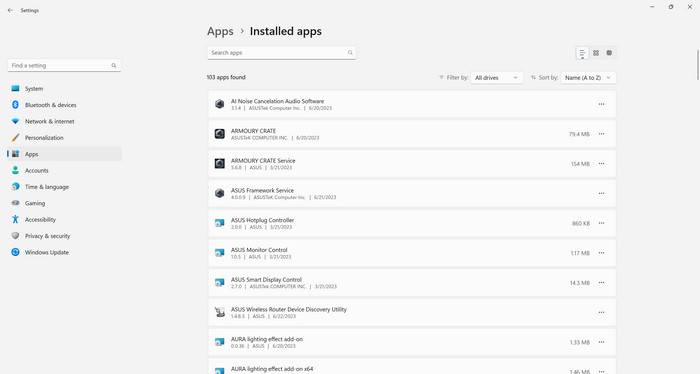League of Legends (LoL) is a popular online multiplayer game developed and published by Riot Games. Since its release in 2009, it has gained a massive following and has become one of the most played games in the world. However, like any software, there are pros and cons to consider when deciding whether to keep or remove it from your computer.

What is League of Legends?
League of Legends is a free-to-play multiplayer online battle arena (MOBA) game. In the game, players assume the role of a “champion” and work together with their team to destroy the enemy team’s Nexus, a structure located in their base. The game offers a variety of champions to choose from, each with unique abilities and playstyles.
LoL is known for its strategic gameplay, requiring teamwork, communication, and quick decision-making. It has a competitive scene with professional players and tournaments, attracting millions of viewers worldwide. The game is constantly updated with new champions, balance changes, and features to keep the gameplay fresh and engaging.
Should I Remove League of Legends?
Deciding whether to remove League of Legends from your computer depends on various factors. Here are some points to consider:
1. Enjoyment and Entertainment Value
If you enjoy playing League of Legends and find it entertaining, there is no reason to remove it. The game offers a unique and immersive experience, allowing you to connect with friends, compete against other players, and explore a vast virtual world. It can be a great way to relax and unwind after a long day.
2. System Performance
One concern some users have is the impact of League of Legends on system performance. While the game does require a decent computer to run smoothly, Riot Games has optimized it over the years to be playable on a wide range of hardware configurations. If you have a relatively modern computer, you should be able to run the game without any major issues.
However, if you notice significant performance issues or your computer struggles to handle the game, it may be worth considering removing it. Keep in mind that other factors, such as background processes or outdated drivers, can also affect system performance. It’s always a good idea to perform regular maintenance, including scanning for malware.
If you suspect malware on your computer, it’s recommended to scan your system with Malwarebytes Free or any reputable antivirus software to ensure your computer is clean and secure.
3. Time Commitment
League of Legends is a game that can be highly addictive and time-consuming. Matches can last anywhere from 20 minutes to over an hour, and it’s easy to get caught up in the competitive nature of the game. If you find yourself spending excessive amounts of time playing LoL and neglecting other important aspects of your life, it may be worth considering reducing your playtime or removing the game altogether.
4. Toxicity and Community
One aspect of League of Legends that some players find challenging is the toxicity within the community. Due to the competitive nature of the game, there can be instances of verbal abuse, harassment, and unsportsmanlike behavior. Riot Games has taken steps to address this issue by implementing systems to punish toxic players and promote positive behavior.
If you find the toxicity within the game affecting your enjoyment or mental well-being, it may be worth considering removing it. However, it’s important to note that not all players experience toxicity, and there are ways to mitigate its impact, such as muting or reporting toxic players.
Conclusion
League of Legends is a highly popular game with a dedicated fanbase. Whether you should remove it from your computer depends on your personal preferences, system performance, time commitment, and tolerance for toxicity. If you enjoy the game, have a capable computer, manage your time effectively, and can handle the occasional toxic encounter, there is no reason to remove it.
However, if you experience significant performance issues, find yourself spending excessive amounts of time playing, or are negatively affected by the toxicity within the community, it may be worth considering removing League of Legends. Ultimately, the decision is yours to make based on your own circumstances and priorities.










